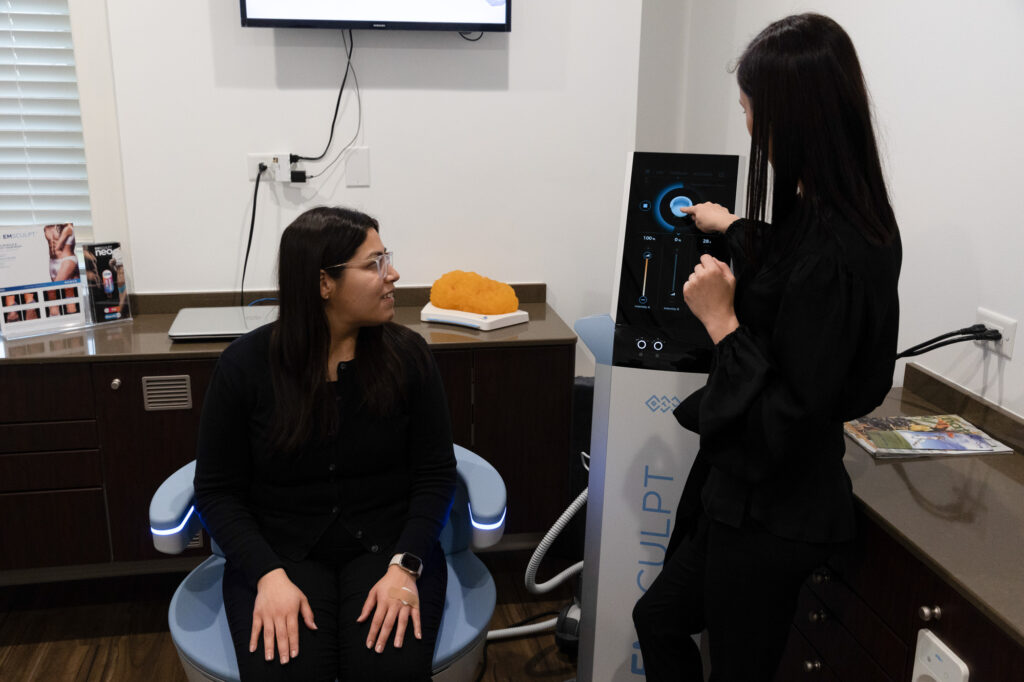
Diabetes is a complex condition that often requires lifelong management, but it doesn’t necessarily mean it’s an irrevocable diagnosis for life.
Type 1 diabetes, usually diagnosed in childhood or adolescence, is an autoimmune condition where the body doesn’t produce insulin. It typically requires lifelong insulin therapy for survival.
Type 2 diabetes, however, is largely influenced by lifestyle factors such as diet, exercise, and weight management. While it may not be entirely reversible, it can be managed and, in some cases, even put into remission through significant lifestyle changes. Weight loss, adopting a healthy diet, regular exercise, and medication when necessary can help control blood sugar levels and reduce complications associated with diabetes.
Additionally, gestational diabetes, occurring during pregnancy, doesn’t necessarily mean a lifelong diagnosis. It often resolves after childbirth, but it does increase the risk of developing type 2 diabetes later in life.
The key lies in proactive management. With diligent self-care, monitoring blood sugar levels, maintaining a healthy lifestyle, and following medical advice, many people with diabetes can lead fulfilling lives and minimize the risks associated with the condition. Regular check-ups and adherence to treatment plans are crucial elements in managing diabetes effectively.
Functional medicine offers a holistic approach to managing diabetes, targeting the root causes of the condition rather than just its symptoms. However, it’s crucial for patients to collaborate closely with healthcare providers to ensure a comprehensive and safe approach to diabetes management that incorporates both functional and conventional medical strategies.


